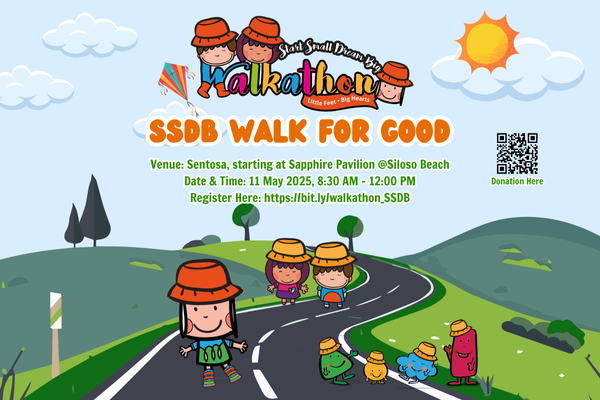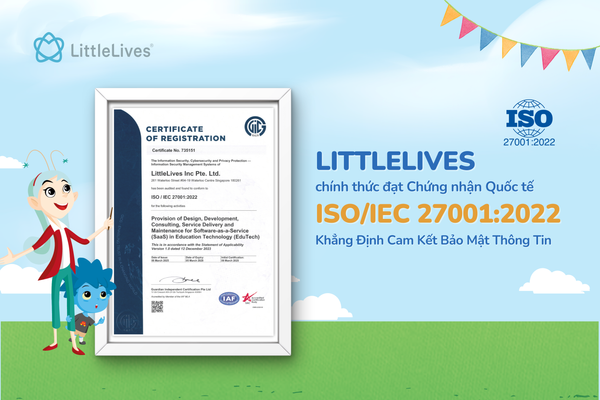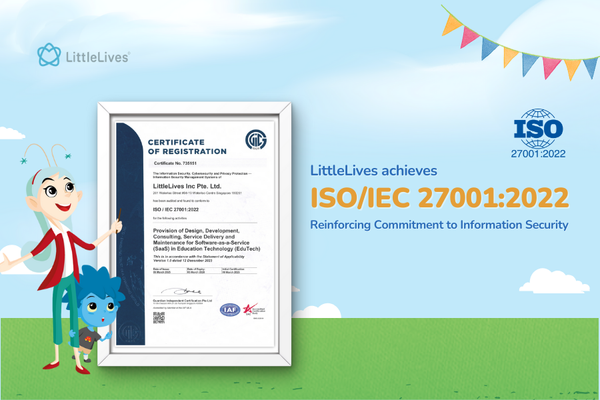The Power of Mindfulness: Boosting Focus and Calm in Preschoolers
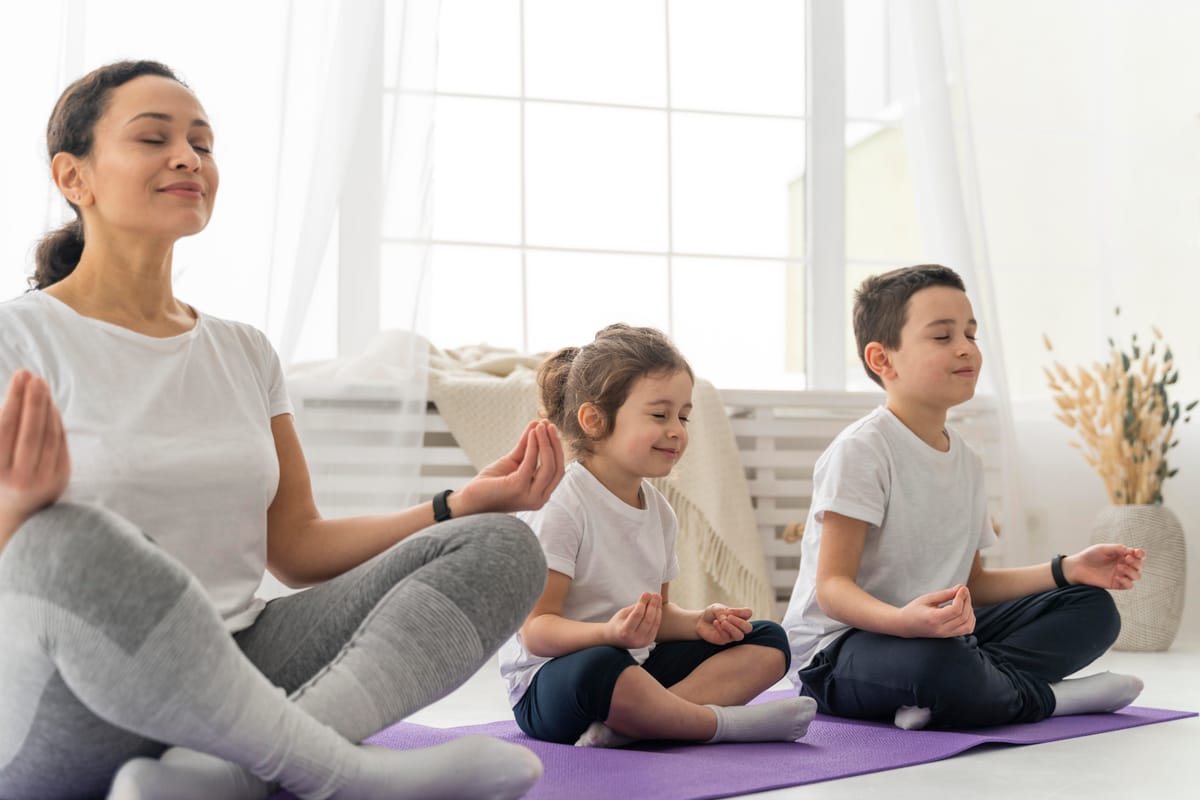
Preschoolers are in a stage of rapid development, where their minds are constantly absorbing new information and experiences. However, this stage can also bring about emotional turbulence, overstimulation, and difficulty focusing. Introducing mindfulness practices into their daily routines can help them navigate this phase with greater ease. Simple mindfulness activities such as breathing exercises and guided relaxation can significantly improve focus, reduce stress, and support emotional regulation. By teaching young children to be present in the moment, mindfulness helps them build a strong foundation for emotional well-being and mental clarity.
Why is Mindfulness Important for Preschoolers?
The preschool years represent a critical time in a child’s life, as it’s when their cognitive, emotional, and social skills begin to develop rapidly. This is also a time when children face various challenges, such as adjusting to new environments, managing relationships with peers, and navigating the overwhelming sensory inputs of the world around them. Mindfulness can be a powerful tool during this stage, helping children develop the mental and emotional tools they need to succeed. By integrating mindfulness into their daily routines, preschoolers can develop essential skills that will serve them well in school, in their relationships, and throughout their lives. Below are some key ways mindfulness benefits preschoolers
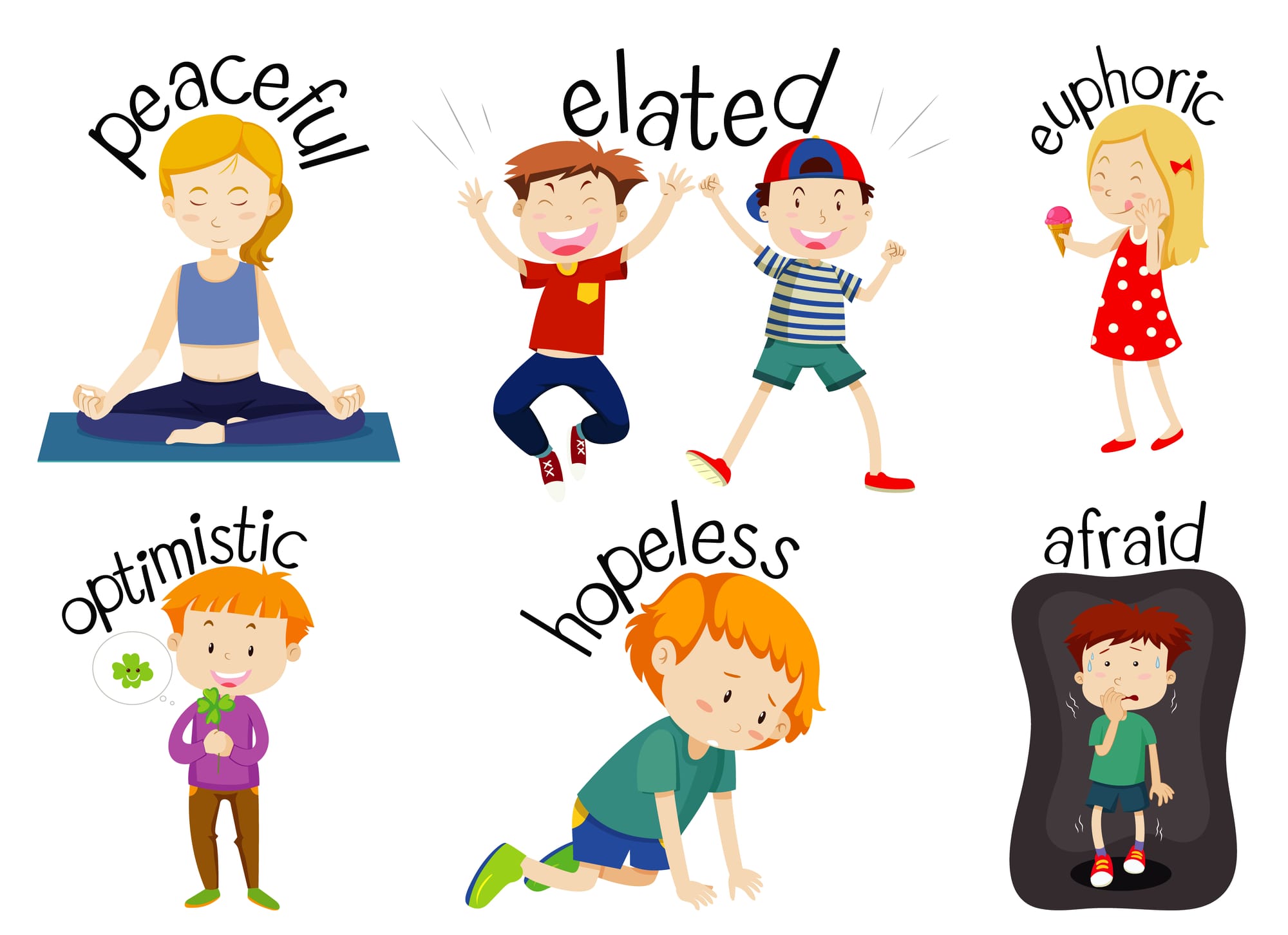
- Improve Focus
Young children often find it difficult to focus for long periods of time, especially with the many distractions around them. Whether it's the hum of a busy classroom or the constant stimulation from screens, preschoolers are often pulled in different directions, making it hard for them to stay on task. Mindfulness exercises, such as breathing practices or activities that involve focusing on a single object, can help children strengthen their ability to pay attention. For example, practices like “watching the balloon float” or “focusing on the sound of a bell” encourage children to hone their concentration and engage with the task at hand. This not only improves their ability to focus but also increases their participation in activities like reading, drawing, or solving puzzles, fostering a deeper connection with learning.
- Reduce Stress
While stress might seem like something reserved for adults, young children can experience it too. Separation anxiety when a parent leaves for work, the stress of adapting to new routines, or the anxiety that comes from social challenges with peers are all common sources of stress for preschoolers. In many cases, young children do not yet have the language or coping mechanisms to express or manage their stress, which can lead to frustration or meltdowns. Mindfulness helps by offering children practical tools to manage their emotions and reduce stress. For instance, deep breathing exercises teach children to focus on their breath and calm their nervous system when they’re feeling overwhelmed. A simple “breathe in, breathe out” practice can immediately help a child feel more grounded, less anxious, and better able to face the situation at hand. By using mindfulness techniques, preschoolers can learn to recognize the signs of stress in their bodies and take action to calm themselves before the situation escalates.
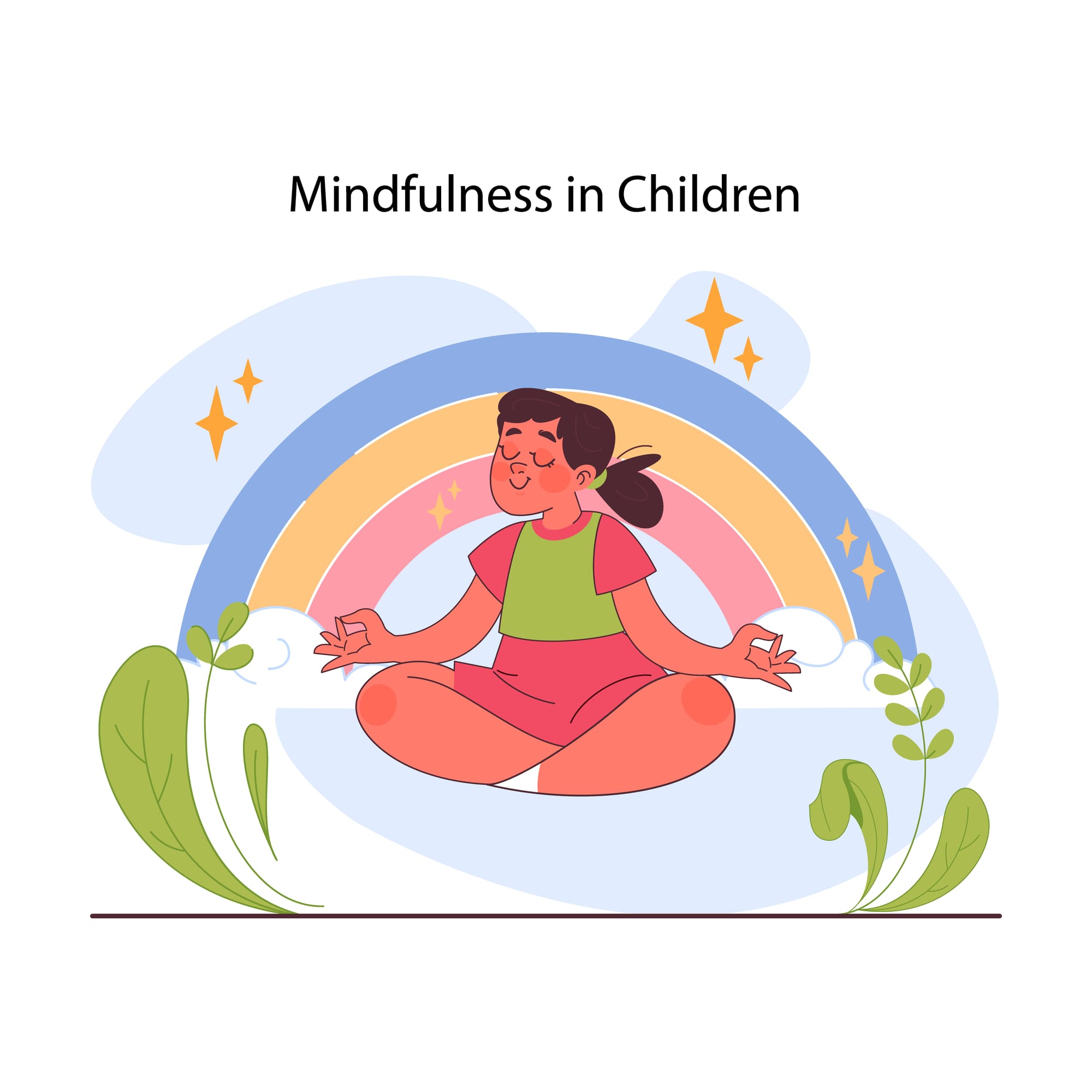
- Enhance Emotional Regulation
Emotional regulation is a key developmental milestone during the preschool years. Young children often experience intense emotions, but they may not have the skills to understand or manage those feelings effectively. Mindfulness provides an opportunity for preschoolers to learn how to identify and name their emotions, which is the first step in managing them. For example, teaching children to pause and reflect on how they feel—whether they are happy, sad, angry, or excited—helps them gain greater awareness of their emotional state. This practice allows them to recognize that emotions are temporary and that they can choose how to respond to them. By regularly practicing mindfulness, children learn to respond to difficult emotions in healthier ways. Instead of reacting impulsively (e.g., throwing a tantrum when upset), they can pause, breathe, and think about a more constructive response. This emotional awareness and regulation are crucial for building self-control and for helping children navigate social interactions with empathy and respect.
- Boost Self-Awareness and Empathy
One of the lesser-discussed but equally important benefits of mindfulness for preschoolers is its ability to promote self-awareness and empathy. By practicing mindfulness, children become more attuned to their own thoughts and feelings. This increased self-awareness helps them develop a better understanding of their own needs and desires, which in turn improves their ability to express themselves effectively. As children become more aware of their inner world, they also become more aware of the emotions and needs of others. This is particularly important for developing empathy. Mindfulness activities that involve listening, sharing, and taking turns encourage children to be present with others and consider how others may feel. This enhanced empathy helps children build stronger social bonds, resolve conflicts peacefully, and navigate group dynamics in a way that promotes cooperation and kindness.
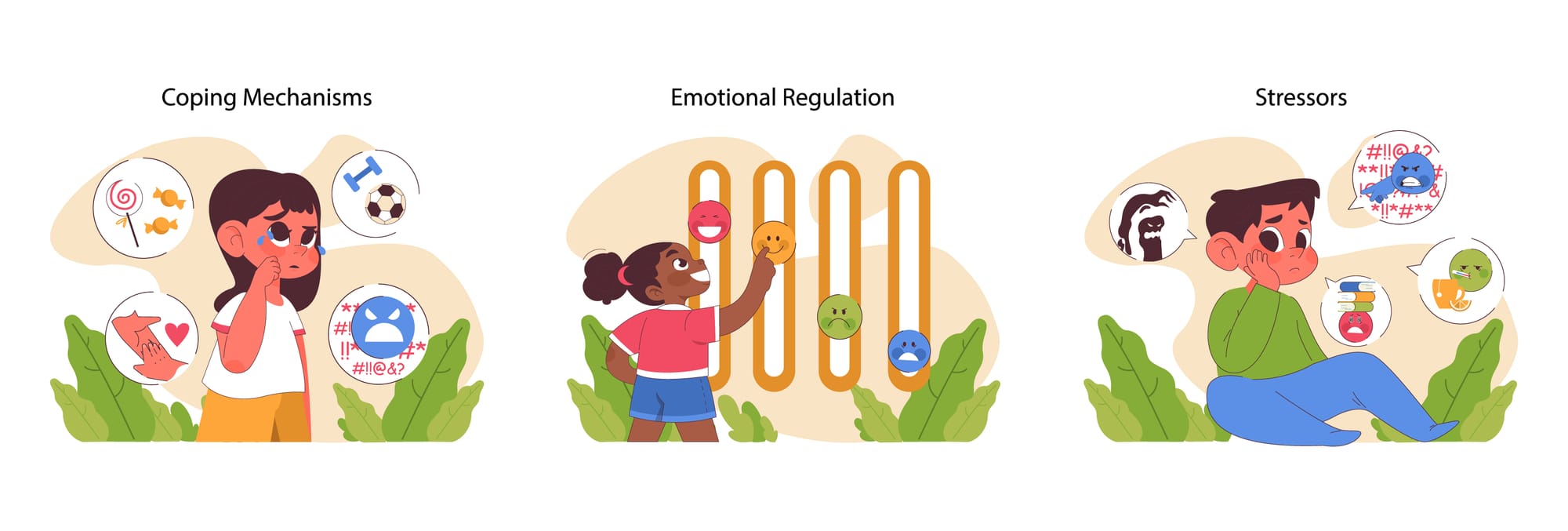
- Promote Better Sleep and Relaxation
Sleep difficulties are not uncommon among young children, especially when they are overstimulated or anxious. Mindfulness can help children develop healthy relaxation habits that promote better sleep. Practices such as guided relaxation or visualization (e.g., imagining themselves as a calm, peaceful cloud) can help children wind down before bedtime. By teaching them how to relax their bodies and quiet their minds, mindfulness creates a sense of calm that supports restful sleep. Additionally, by reducing stress and emotional overload, mindfulness helps children feel more at ease during the day, which can also positively impact their ability to sleep at night.
- Foster Resilience and Adaptability

Preschoolers are just beginning to navigate the world around them, and it’s inevitable that they will face challenges, setbacks, and disappointments. Mindfulness teaches children to approach challenges with a sense of curiosity rather than frustration. When they learn to pause and reflect during moments of difficulty, they develop resilience—the ability to bounce back from setbacks and handle adversity in a healthy way. This ability to stay calm and composed in the face of challenges helps preschoolers adapt to changes in routine, unexpected situations, and even conflicts with peers. Mindfulness, therefore, fosters emotional resilience, making it easier for children to cope with the ups and downs of daily life.
Conclusion
Mindfulness is an invaluable tool for supporting the emotional, cognitive, and social development of preschoolers. By teaching children to be present, aware, and non-judgmental, mindfulness equips them with essential life skills such as focus, emotional regulation, stress management, empathy, and resilience. As children grow and face increasingly complex situations, these skills will continue to serve them, helping them thrive both inside and outside the classroom. Integrating mindfulness practices into preschool routines not only enhances the well-being of individual children but also creates a positive and supportive environment for all learners to flourish.



